LK10 Speakers
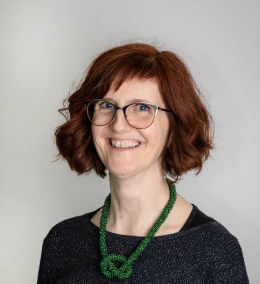
Catherine Bates
Catherine Bates is Research Engagement Lead in Technological University Dublin, Ireland, supporting researchers to collaborate with societal partners on projects for societal impact, to address the Sustainable Development Goals. Catherine managed TU Dublin’s Programme for Students Learning With Communities from 2008-23, promoting and supporting Community Engaged Research and Learning (CERL) within the university curriculum. Catherine coordinated TU Dublin’s involvement in three EU-funded projects supporting community engagement in research: CIRCLET (2019-22), EnRRICH (2015-2018) and PERARES (2010-2014). She has presented nationally and internationally on this work. She previously worked as a lecturer and as an adult education coordinator in the community sector.
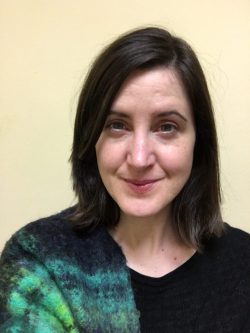
Catherine O’Mahony
Catherine O’Mahony (she/her) is Director of the Centre for the Integration of Research, Teaching and Learning at University College Cork, Cork, Ireland. In this role, she provides strategic leadership for staff professional development in teaching and learning in the university. She is also implementing a cross-campus curriculum change initiative and leading work on innovative teaching and mobilities in support of UNIC, UCC’s European University Alliance. She co-teaches a module on Community Based Participatory Research which fosters engaged research practices amongst early career researchers. She is a founding member of UCC’s Community Academic Research Links initiative and was part of a national working group on community-based research and learning. She acted as Community Engagement Officer for UCC for 3 years culminating in UCC’s first Civic and Community Engagement plan. Her research interests include Higher Education Management, Undergraduate Research, Community Based Research, Education for Sustainable Development, and the Scholarship of Teaching and Learning. She is Co-Principal Investigator on an Erasmus+ grant led by the European University Association on staff development in teaching and learning (STAFF-DEV), among other research activities.
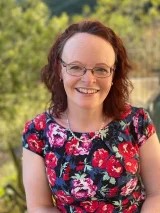
Emma McKenna
Emma McKenna has co-ordinated The Science Shop in Queen’s University Belfast since 2001. It is a community engaged research initiative, facilitating students to work on curriculum-based research projects generated from the needs and interests of community partners. Emma is a Principal Fellow of the Higher Education Academy and an Associate Editor for the NCCPE’s Research For All journal. She co-ordinated the Erasmus+ CIRCLET project (2019-2022) which supported lecturers to rethink their curricula to create space for community engaged research and learning. Emma has mentored Science Shops across the world, including in Canada, India, Hungary, France and Spain. In 2023 The QUB Science Shop was recognised for collaborative work that has had a demonstrable impact on teaching and learning by Advance HE, collecting a Collaborative Award for Teaching Excellence.

Ismael Rafols
Ismael Rafols is a senior researcher at CWTS and UNESCO Chair on Diversity and Inclusion in Global Science. He received an MSc in Science and Technology Policy from SPRU (Sussex), a BSc in Physics from the Univ. Barcelona, a PhD in biophysics from Tohoku University (Sendai, Japan) and was a postdoc in nanobiotechnology at Cornell University. He works on science policy developing novel approaches that help in fostering epistemic pluralism, broadening participation, and widening the distribution of the benefits from science. He is interested in funding portfolios and priority setting for societal challenges such as bird flu or obesity, and issues related to Sustainable Development Goals (SDGs), particularly in health and agriculture.
Ismael has been involved in policy initiatives ‘responsible metrics’, such as the implementation of UNESCO’s Open Science Recommendations, the Leiden Manifesto, the EC Expert Group on Open Science Indicators, on or discussions on biases against research topics from the Global South in assessment and databases. Previously, he had developed indicators and mapping methods for the evaluation of interdisciplinary research, e.g. in emergent fields such as bio and nanotechnology.
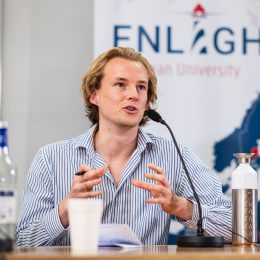
Karel Proot
Karel is an urbanist, spatial planner and historian. During his time as a student at Ghent University, he focused on sustainability education at Green Office Gent and coordinated the Summer School on Climate Justice and Degrowth.
The Sustainability Summer Schools programme provides interdisciplinary, student-led, critical and engaged education on socio-ecological issues often overlooked in conventional curricula. Currently, Karel works at Breekijzer, a non-profit organization on the intersection of the spatial planning and nature-environment sectors.
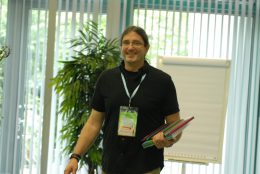
Norbert Steinhaus
Norbert Steinhaus joined the Bonn Science Shop in 1988 and became a board member in 1990. Norbert has co-operated in international projects on training and mentoring Science Shops (TRAMS), citizen participation in science and technology (CIPAST) or Public Engagement in Research and Researchers Engaging with Society (PERARES) and coordinated an educational European project for primary schools and kindergartens, and SOUFFLEARNING, a project for the transfer of innovation in training staff of SMEs. He recently coordinated the H2020 project TeRRIFICA on climate change adaptation and the Horizon Europe project LOESS on raising soil health awareness. Since the end of 2007, he is the coordinator and international contact point of Living Knowledge, the international Science Shop network. Norbert holds an engineering degree in agriculture.
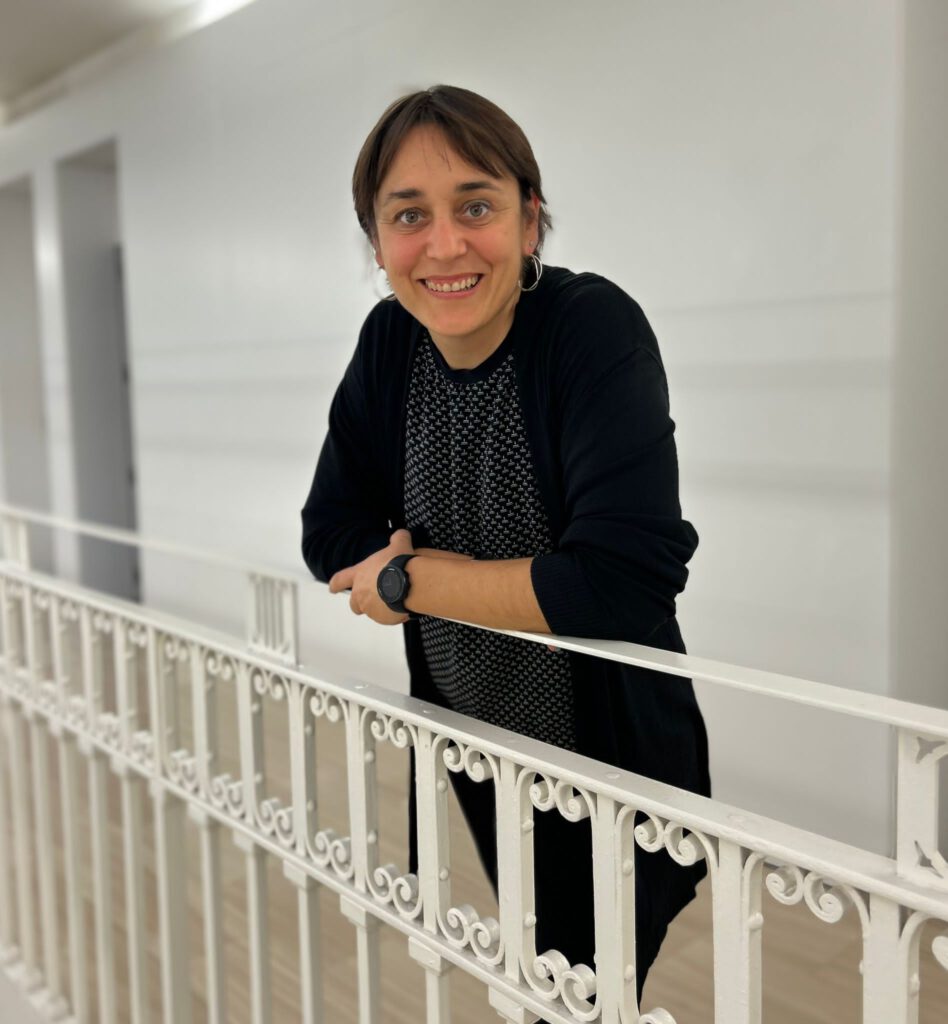
Núria Bayó Puxan
Núria Bayó Puxan, Ph.D., is the Director of the Programme Regions of Knowledge, a strategic one at the Department of Research and Universities (Government of Catalonia) with the mission to articulate all 12 universities and 42 research centres in Catalonia to contribute in addressing complex challenges aligned with RIS3CAT using the methodology of Shared Agendas. She previously was the Director Programmes at Barcelona Institute of Science and Technology (BIST) from its creation at 2015 promoting collaboration among its seven research centres and leading programmes to reinforce the professional development of researchers and science education for society within the BIST community. She has received her doctorate from the University of Barcelona and the Biomedical Research institute (IRB Barcelona) and she has worked as a postdoctoral researcher for two years at McGill University and the University of Montreal, and two years at the ETH Zurich. She then worked as a researcher at a spin-off company for a year and later moved to IRB Barcelona to lead research projects to be transferred into the market.
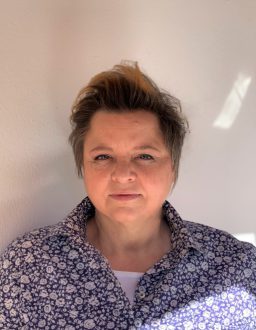
Réka Matolay
She is a founder and the head of the Science Shop at Corvinus University of Budapest established 7 years ago. She is an associate professor, designing university courses at BA, MA and postgraduate levels in social entrepreneurship and social innovation, responsibility and sustainability. When introducing the first course on social entrepreneurship in the region 18 years ago she was looking for alternative pedagogies with her fellow lecturer to engage students in experiential learning in collaboration with community partners. Since launching this first service-learning course she contributed to the institutionalization and embeddedness of community engaged research and learning at Corvinus.
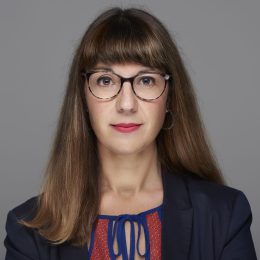
Rosa Arias
Rosa Arias is a Chemical Engineer and MSc in Energy with extensive experience in odour pollution management and citizen science. She coordinates the H2020 projects D-NOSES and NEWSERA, in citizen science and science communication, as well as the Catalan cluster of the TRANSFORM project. She is the creator of the OdourCollect App and the CEO and founder of Science for Change, a company whose mission is to bring science closer to society to address territorial challenges, promote social innovations and inform public policies. SfC uses co-creation and participatory methodologies, promoting collaborative research among quadruple helix actors. Rosa is also a member of the Board of Directors of the European Citizen Science Association (ECSA) and a technical advisor to the Spanish initiative “Science in the Parliament”. She is passionate about the concept of Responsible Research and Innovation (RRI), citizen science and the role of women in science.
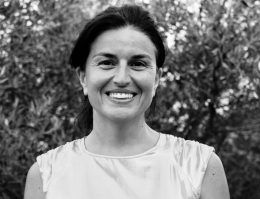
Valentina Tassone
Valentina C. Tassone is Assistant Professor at Wageningen University. She is dedicated to exploring deep teaching and learning approaches inviting reflexivity, an ethos of responsibility, and empowerment towards socio-ecological sustainability challenges. Her research studies take place in the context of (higher) education, community settings or society at large, and often at their crossroads. She has an interdisciplinary background, bridging environmental and sustainability sciences on the one side and educational, teaching and learning sciences on the other.
